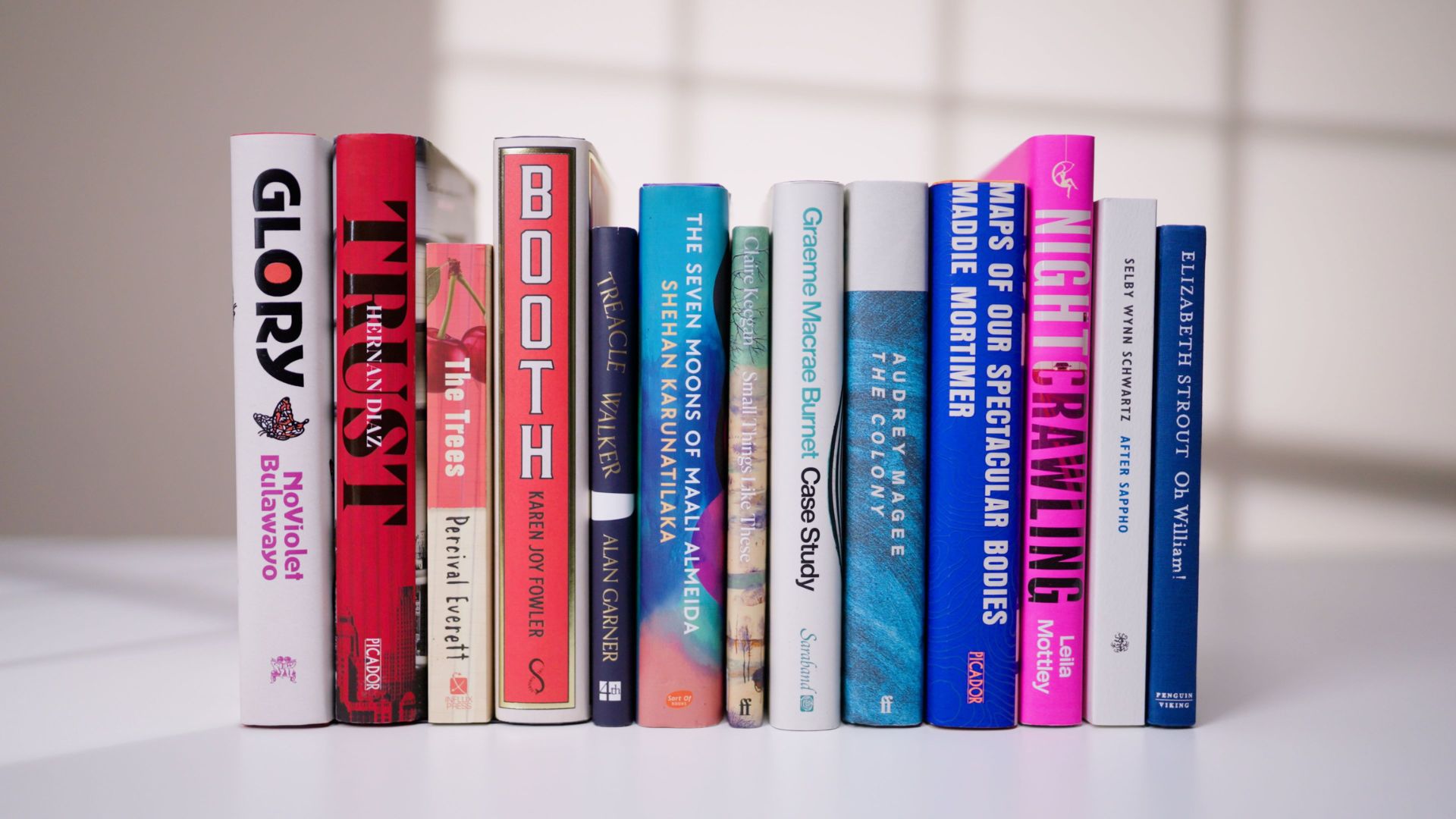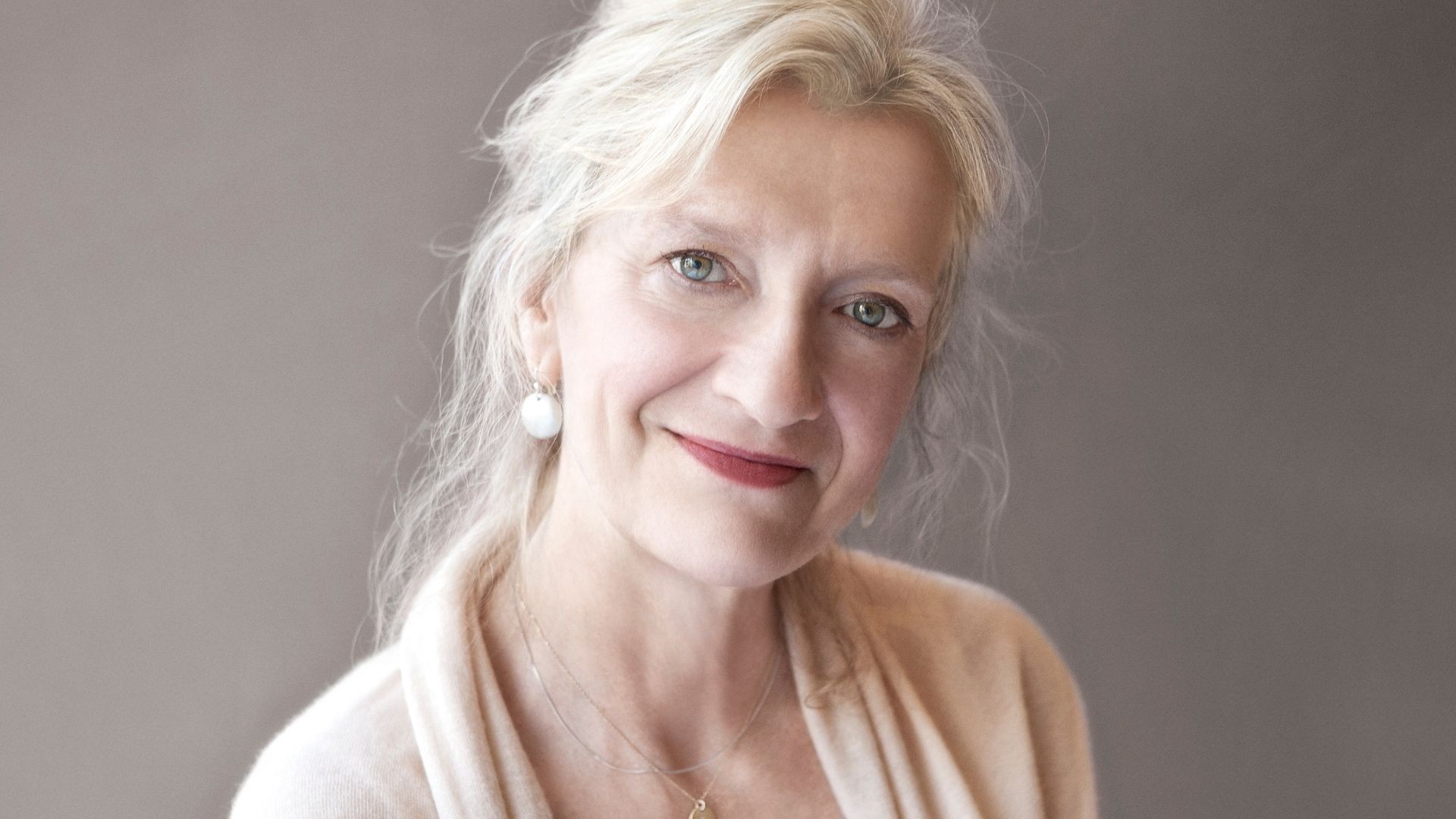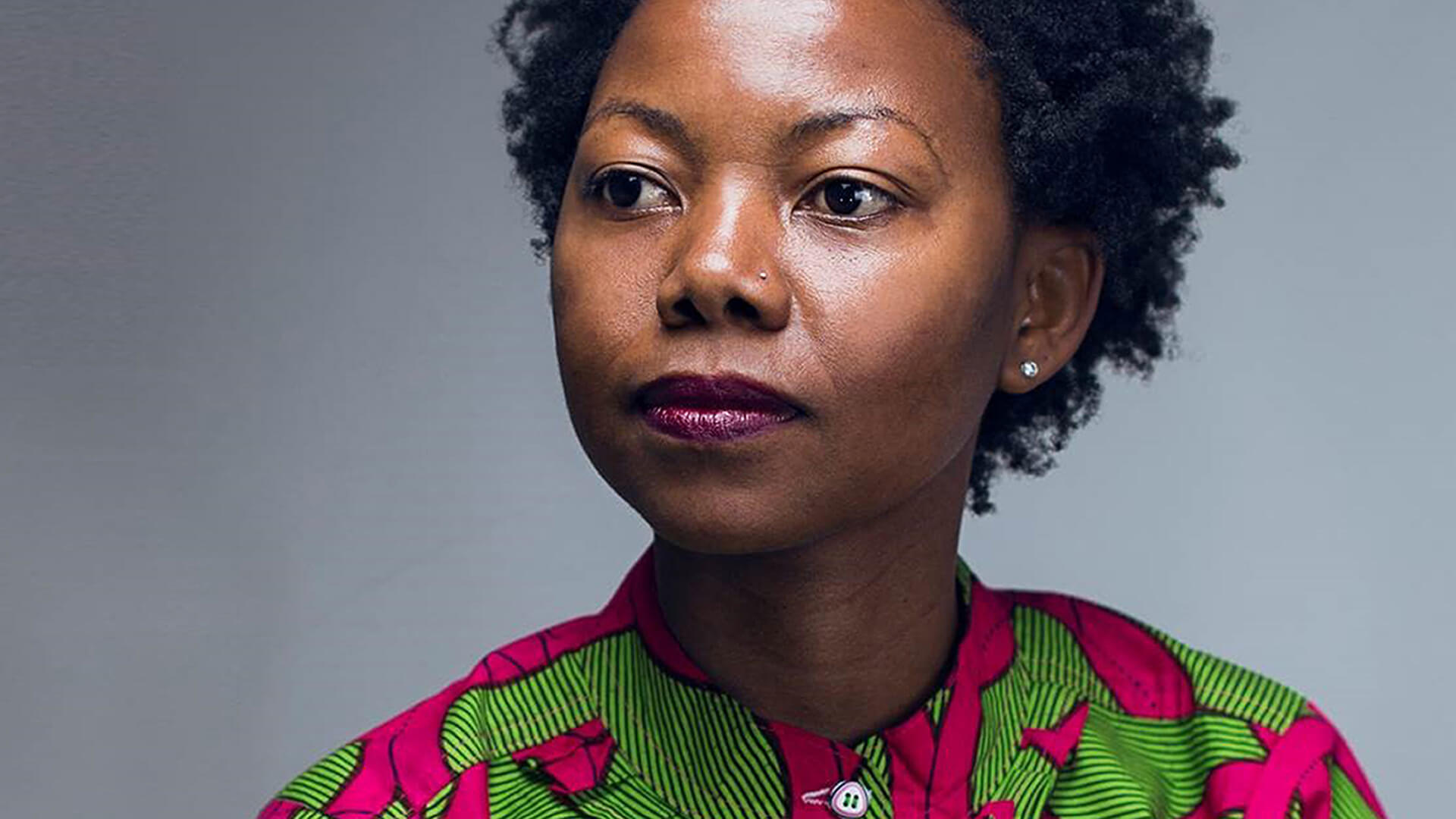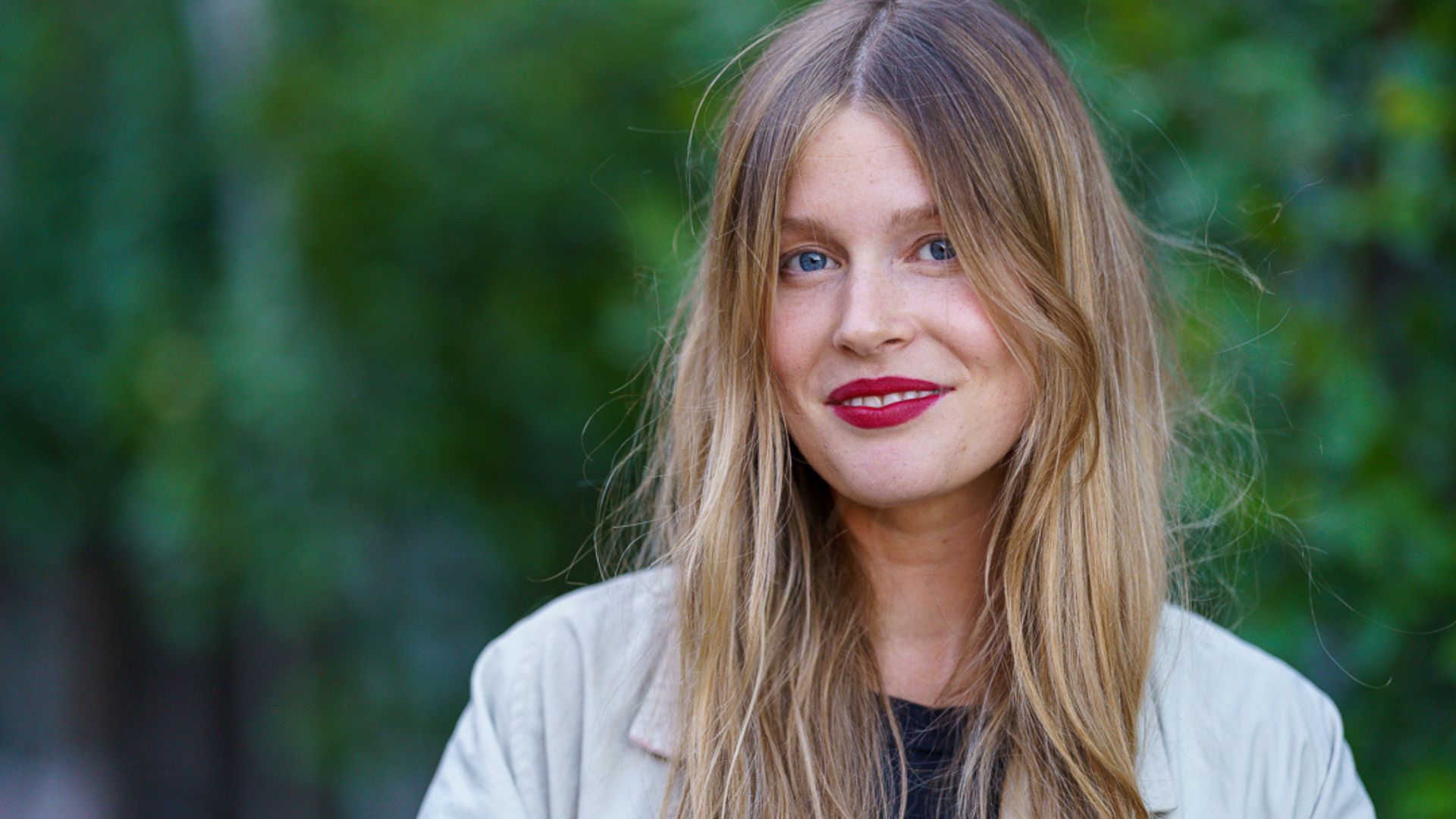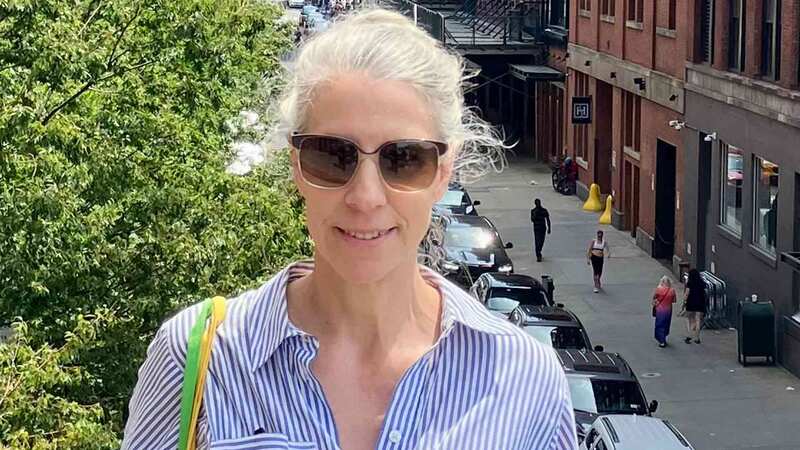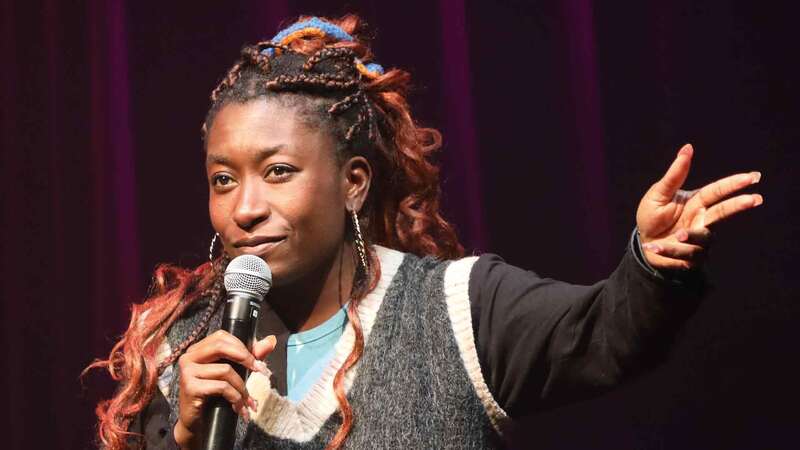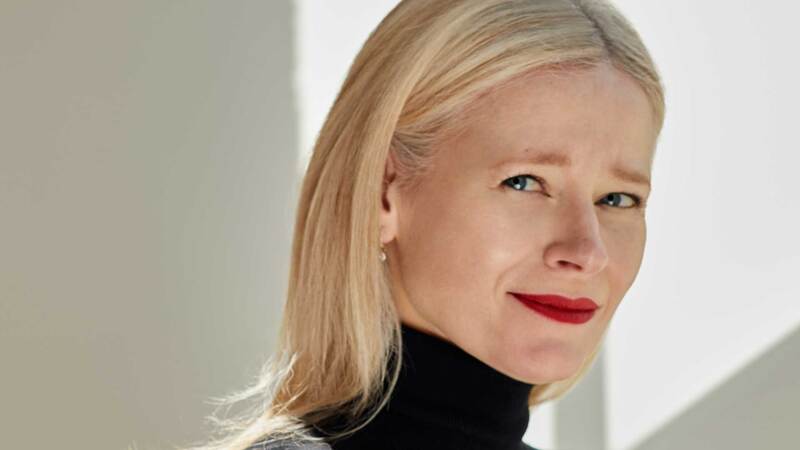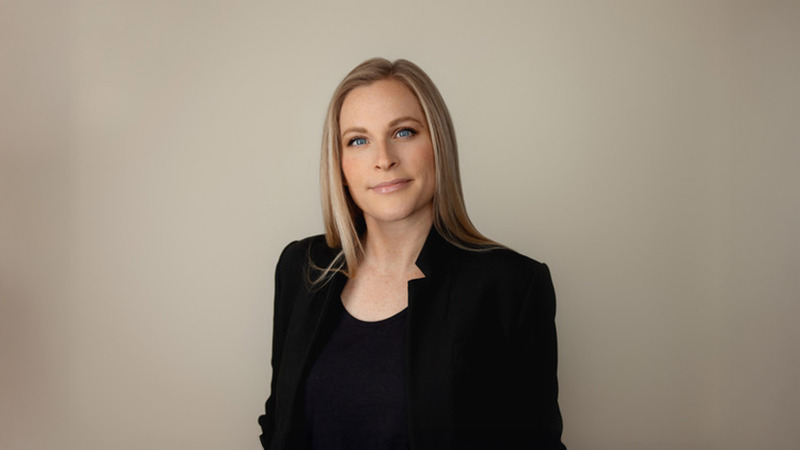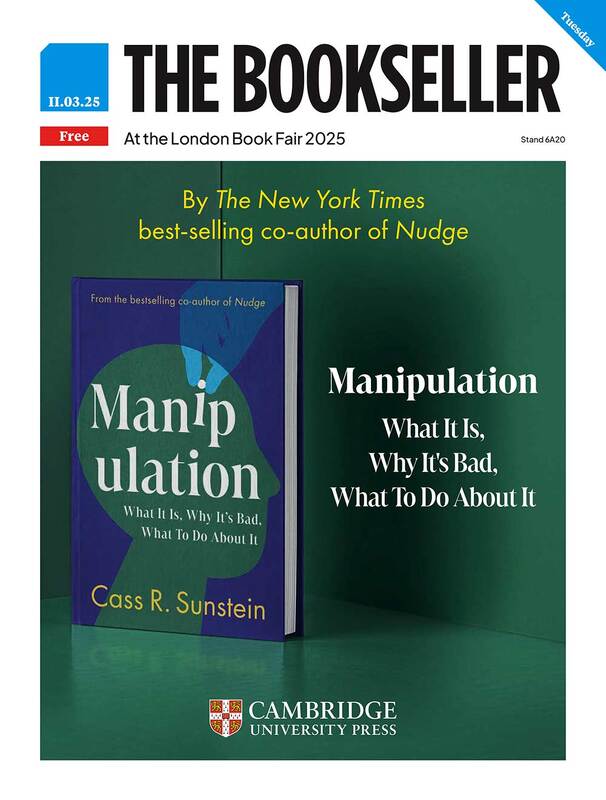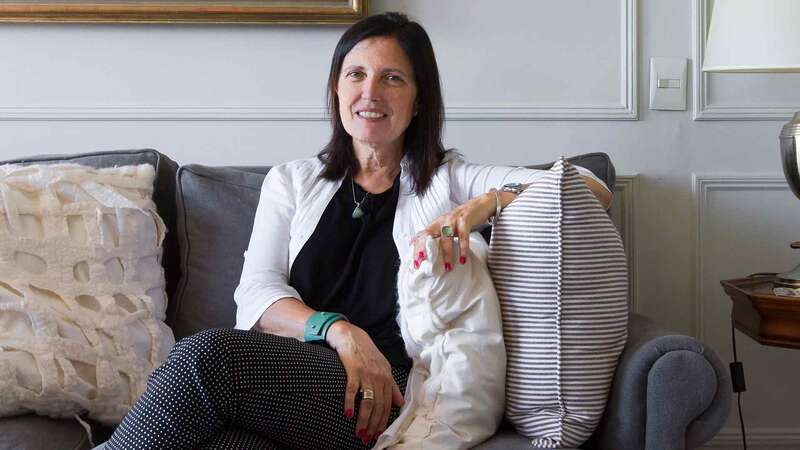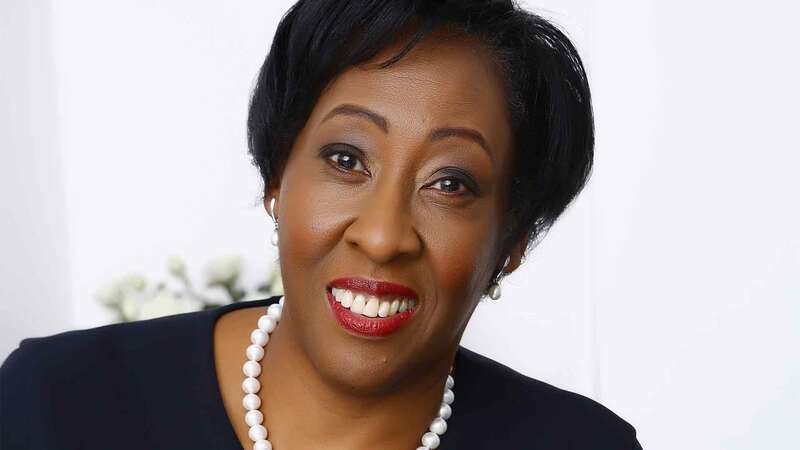You are viewing your 1 free article this month. Login to read more articles.
Booker Prize longlist dominated by indies as judges pick youngest and oldest ever nominees
This year’s Booker Prize longlist features the youngest and oldest authors to ever be nominated, with the majority of books published by independent publishers, including first-time appearances from Influx Press and Sort of Books. Critics have called the list "courageous" and praised the diversity of titles, while booksellers also welcomed many of the selections.
The 13-strong longlist for the £50,000 award, dubbed the Booker Dozen, features 20-year-old American Leila Mottley for Nightcrawling (Bloomsbury Circus) and veteran writer Alan Garner, who will celebrate his 88th birthday on the night of the final ceremony, nominated for Treacle Walker (Fourth Estate).
The judging panel also picked out works from previously shortlisted authors NoViolet Bulawayo, Karen Joy Fowler and Graeme Macrae Burnet, and previously longlisted Elizabeth Strout, as well as debuts by Maddie Mortimer, who recently won the Desmond Elliott Prize, and Selby Wynn Schwartz. Hernan Diaz, Percival Everett, Shehan Karunatilaka, Claire Keegan and Audrey Magee were also longlisted.
Eight of the longlisted books come from independent publishers: Bloomsbury, Faber, Galley Beggar Press, Influx Press, Profile Books, Saraband and Sort of Books. Faber, represented on the longlist twice, has won the prize seven times before, the second-highest number of wins for any publisher, just behind PRH imprint Jonathan Cape, which has won eight times. Picador also has two nominations this year.
Three authors on the longlist are British, and two are Irish, while six are from the US. One Zimbabwean and one Sri Lankan writer have been nominated.
American debut author Mottley’s Nightcrawling is set in the streets of Oakland, where the protagonist Kiera faces the failure of a justice system that oppresses young Black women. It has been described as “Catcher in the Rye for a new generation” and was praised by judges as “dazzling and electrifying”.
Brit Garner published his first book 62 years ago. His latest, Treacle Walker, explores the unlikely friendship between an introspective young boy and a wandering healer who appears off the moor one day. The judges described it as “Garner bared to the bone in late style”, adding: “This tiny book compresses all his themes—time, childhood, language, science and landscape entangled—into a single, calmly plaintive cry.”
Zimbabwean Bulawayo was shortlisted for the Booker for her debut We Need New Names (Vintage) in 2013. She returns this year with Glory (Chatto & Windus), which is set in a fictional country of animals who were colonised and ruled by a tyrannical and absolute power. After they were liberated, their new leader also refused to let go of power. The judges likened the work to George Orwell’s Animal Farm and praised it as “an ingenious and brilliant political fable that bears witness to the surreal turns of history”.
American Joy Fowler’s We are All Completely Beside Ourselves (Serpent’s Tail) made the shortlist in 2014. She has been nominated for the longlist this year with Booth (Serpent’s Tail), which follows a 19th-century theatrical family in the shadow of the American Civil War. Judges said: “As the novel unfolds, we know—and they don’t— that one day the ninth child, John Wilkes, will step forward with a gun in his hand to bring the narratives of dynasty and country decisively together.”
Brit Macrae Burnet was also previously shortlisted in 2015 for His Bloody Project (Saraband) and is up for the prize this year with Case Study (Saraband), which follows a woman who seeks out a captivating psychotherapist whom she believes to be responsible for her sister’s suicide. Judges commended it as “forensic, elusive and mordantly funny" and “layered with questions about authenticity and the self”.
American author Strout’s My Name is Lucy Barton (Viking) was longlisted in 2016, and she returns to the same heroine in Oh William! (Viking), which is a contender for this year’s prize. The novel begins with a chance encounter which reunites newly widowed Lucy Barton with her first husband. Judges said: “This is meticulously observed writing, full of probing psychological insight. Lucy Barton is one of literature’s immortal characters—brittle, damaged, unravelling, vulnerable and, most of all, ordinary—like us all.”
British writer Mortimer gets a nomination for Maps of Our Spectacular Bodies (Picador), which centres on Lia and the shapeshifting malady that enters her body at the close of her life. It was praised by judges as “deliriously inventive and viscerally moving”.
American Wynn Schwartz’s After Sappho (Galley Beggar Press) reimagines the lives of various 19th and 20th-century feminists, from Josephine Baker and Virginia Woolf to Sarah Bernhard and Colette. Judges described the work as “a poetic patchwork of fragments of literary history that together take shape as an intergenerational tale of the Lesbian family. An ancestry eruditely, playfully recovered.”
Fellow American Diaz makes the list with Trust (Picador), described as a “literary puzzle about money, power and intimacy”. Judges said: “There is a dazzling intelligence behind this novel, which challenges us to rethink everything we know both about the institutions on which nations are built and the narratives by which stories are told. Sly, sophisticated, insistently questioning, Diaz writes with assurance, determined to rob us of every certainty.”
Everett’s The Trees (Influx Press) is another nomination for a US author, and follows a series of murders in rural Mississippi which echo harrowing events from 65 years ago. Judges praised it as an “eerie, provocative, blackly comic Southern noir", lauding it as “a page-turner with a sharp, provocative edge".
Kit Caless, Influx co-founder and the book’s editor, said the team were "ecstatic" for the author who secured the press its first Booker nomination, calling Everett "probably the most consistently exciting writer in the anglophone world who has yet to receive real recognition in the UK". He added: "We’re very proud to publish him. The longlist looks brilliant, especially with so many independent publishers involved."
Sri Lankan author Karunatilaka is in contention for The Seven Moons of Maali Almeida (Sort of Books), which follows the titular protagonist’s afterlife quest to find out who murdered him, with nods to Dante and Buddha. Judges said it “fizzes with energy, imagery and ideas against a broad, surreal vision of the Sri Lankan civil wars. Slyly, angrily comic.”
Sort of Books publisher Nat Jansz said of the novel: “It’s rare that you read a book that seems so viscerally true to a country and society. Shehan Karunatilaka plunges its readers – with wild wit and verve – into the heart of Sri Lanka’s culture and politics. There’s gay lust, ghosts, comic set pieces and a thriller spin, but it’s the sheer joy of his wordplay that keeps you hooked. This tour-de-force novel comes just as its most needed. We’re delighted at its recognition."
Irish writer Claire Keegan gets the nod for Small Things Like These (Faber), which at 116 pages is the shortest book recognised in the prize’s history. It is set in 1985 in an Irish town and follows a coal and timber merchant confronted by the past. Judges praised it as a “story of quiet bravery”, calling it “beautiful, clear, economic writing and an elegant structure dense with moral themes”.
Fellow Irish author Audrey Magee completes the list with The Colony (Faber), which follows two men who arrive on a remote island off the west coast of Ireland. Judges said: “An idyllic island fishing community off the west coast becomes the laboratory in which Magee dissects the gulf between what Ireland is and how the rest of the world wants to fantasise it.”
The judging panel is chaired by cultural historian, writer and broadcaster Neil MacGregor and features academic and broadcaster Shahidha Bari, historian Helen Castor, novelist and critic M John Harrison and novelist, poet and professor Alain Mabanckou.
Speaking about the longlist, MacGregor said: “Over the last seven months or so, we have read and discussed 169 works of fiction, all written in English, by authors and about subjects from all over the globe; 169 journeys to worlds conjured and created by the wielding of words alone. The skill with which writers shape and sustain those variously imagined worlds, and allow others to inhabit them, has been our main criterion in proposing this longlist of 13 books. Exceptionally well-written and carefully crafted, in whatever genre, they seem to us to exploit and expand what the language can do. The list that we have selected offers story, fable and parable, fantasy, mystery, meditation and thriller."
He added: “The task of whittling 169 down to 13 has been as enjoyable as it has been arduous. We, the five judges, bring such different approaches and experiences to our reading, that left to ourselves, we would probably have produced five very different lists. But we read these books as a group, disagreeing and discussing, comparing, reconsidering and re-reading, and together we reached a striking degree of consensus. These are 13 books—challenging, stimulating, surprising, nourishing—that we recommend for close and enjoyable reading.”
Gaby Wood, director of the Booker Prize Foundation, added: "The 2022 Booker judges come from very different corners of the reading world, yet from the moment they met they have revelled in each other’s opinions and delighted in each other’s company.
“The result is a set of books that are sometimes serious but never sombre, whose authors engage you with their wit, even as you absorb their dramatic, painful or provocative subject matter. It’s in this playfulness, of form or tone, that this year’s fiction is at its best."
Among critics, this year’s list has been widely praised for its breadth, diversity and surprises. In the Guardian, Justine Jordan celebrated the inclusion of “under-sung national treasure” Garner and added: “This is a thoughtfully curated list which spotlights small presses and ignores some of the biggest names (Hanya Yanagihara and Jennnifer Egan, Ian McEwan with his strongest novel in years, the forthcoming Lessons) for quieter pleasures and rewarding surprises.”
In the Telegraph, Jake Kerridge called the “genre-sprawling” longlist “courageous and the best possible response to the recent spate of prize closures”. However, Robbie Millen in the Times was more cautious, describing it as an “utterly curious selection”. Despite praising its diversity, he noted only three British writers were on the list. “The prize cannot claim to be a showcase for the best of British talent (why wasn’t there space for Charlotte Mendelsohn’s The Exhibitionist?),” he wrote.
Commenting on this year’s selection, The Bookseller’s books editor Alice O’Keeffe said: “As books editor, my first thought is always, ‘Who is missing?’ I did expect to see Hanya Yanagihara’s epic To Paradise (Picador) on the longlist and also perhaps Douglas Stuart’s Young Mungo (Picador)—both are extraordinary, powerful novels, among the most memorable I read within the timeframe for this year’s Booker. Another notable omission is Ian McEwan’s Lessons (Cape), which is published in September, and I am sad to see that, yet again, Maggie O’Farrell has not made the longlist with The Marriage Portrait (Tinder Press).
“I am, however, thrilled to see recognition for Hernan Diaz’s Trust, a dazzling novel set in 1930s New York about wealth, capitalism and who exactly gets to tell the story. Elizabeth Strout’s Oh William! was a Book of the Month for me and it’s wonderful to see it on the list. She writes sparely, with such precision about relationships. She is a previous Pulitzer Prize winner and one of my absolute favourites. I’m so happy for Graeme Macrae Burnet, who was shortlisted for His Bloody Project in 2016. Case Study is so original, an intriguing investigation into the nature of sanity and identity.”
Booksellers were also enthusiastic about many of the choices. Bea Carvalho, Waterstones head of fiction, commented: “The arrival of the Booker Prize longlist is always one of the most exciting moments in any bookseller’s calendar, and this year’s selection is sure to be well received in bookshops everywhere. It is great to see some long-term favourite authors including Elizabeth Strout, Karen Joy Fowler, Claire Keegan, and Alan Garner recognised, as well as three brand new voices destined for literary stardom. The Booker Prize has enormous influence and is hugely trusted, and we look forward to these brilliant works being elevated and discovered by many more readers as a result of this accolade.”
Nic Bottomley, owner of Mr B’s Emporium in Bath, said: "We love Trust by Hernan Diaz, such a fascinating multi-layered narrative. We’re thrilled for him and excited because we’re going to be welcoming him to Mr B’s later this autumn for an event.
“It’s amazing to see Claire Keegan get the recognition deserved by that book – and, frankly, her previous ones. Between us here at the shop we’ve also got megafans on the team of Case Study, The Trees, Booth and The Colony too – so there’s a lot for us to get behind this year.”
Hazel Broadfoot, owner of Village Books in Dulwich, also praised Keegan’s “absolutely marvellous” Small Things Like These. She said: “I adored this novel – small and perfectly formed, it’s one of the few hardback novels from last year that is still being energetically hand sold by our team. I hope it makes the shortlist and then I hope it wins.”
The shortlist of six books will be announced on 6th September at an evening event at the Serpentine Pavilion in London, with the overall winner announced on 17th October in an award ceremony held at the Roundhouse—and fully in-person for the first time since 2019. Last year Damon Galgut won for The Promise (Chatto & Windus).





